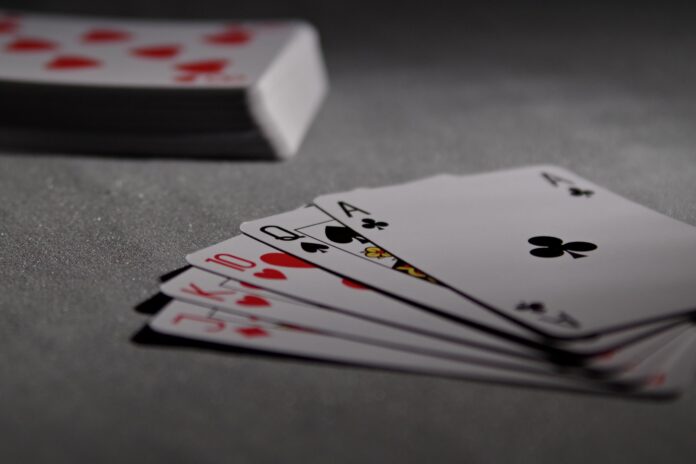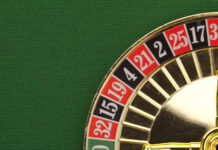
The B2B software gambling licence
A significant development in 2023 was the eagerly awaited implementation of the new B2B software licensing regulation that came into effect on 1 July 2023. This regulation mandates that entities involved in manufacturing, supplying, installing, or adapting gambling software for online games must hold a licence. The primary aim of this regulation is to enhance regulatory oversight of the gambling market. Since the regulation’s inception, the SGA has approved over 150 applications for gambling software licences.
Combatting match-fixing
The battle against match-fixing persists, with the Swedish government implementing several measures to tackle this issue within the gambling industry. These measures predominantly allow licensed gambling operators to process personal data more extensively in their fight against match-fixing. They also impose a legal obligation on these entities to share information with the Swedish police authority.
The fight against match-fixing will remain a priority in 2024, as the Swedish government is set to increase funding to the SGA. This will facilitate the creation of an information-sharing platform to enhance collaboration with the Swedish Financial Supervisory Authority. Moreover, Sweden has announced its intention to join the Macolin Convention, a treaty launched in 2014 aimed at preventing manipulation of sports results through international co-operation.
Repayment of losses due to gambling addiction awareness
On 21 December 2023, the Swedish Patent and Market Court of Appeal ruled that a licensed gambling operator was obliged to reimburse losses to a customer diagnosed with a gambling addiction. The gambling operator’s repeated direct marketing efforts towards the customer led the court to conclude that the gambling operator was aware of the customer’s gambling addiction. Consequently, the contract between the gambling operator and the customer was deemed invalid due to violations of the fairness rules in the Swedish Contracts Act.
As a result, the gambling operator was obliged to refund the customer’s total losses incurred between 2012, when the gambling operator was deemed aware of the customer’s gambling addiction, and 2014, when the gambling operator terminated the customer’s account.
With the introduction of the Swedish Gambling Act in 2019, the marketing practices employed by the provider in question are now limited, reducing the likelihood of this being a recurring issue. Nevertheless, this case raises questions about similar incidents from the past, and the ruling by the Patent and Market Court of Appeal may set a precedent for similar future cases involving gambling addicts seeking compensation from gambling providers.
Our Swedish gambling experts will delve deeper into the implications of this case in the coming weeks, so stay tuned to MediaWrites for more insights.









